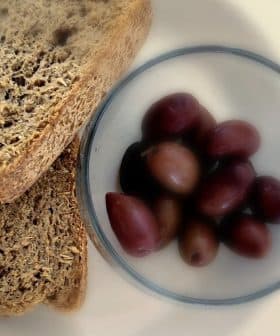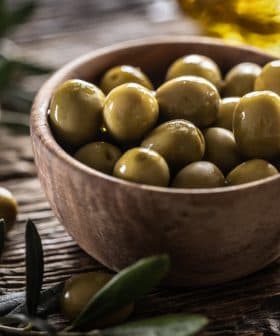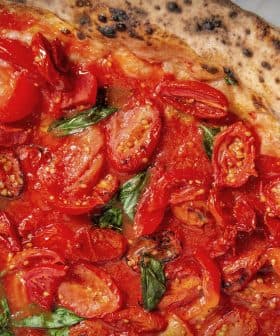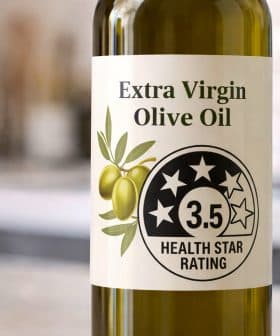Six-Step Guide to Following the Mediterranean Diet
A transition to a healthier diet is easier than you think. Here are six steps to get you started.
The Mediterranean diet is known for its impressive health benefits and sustainability, offering variety and flavor that make it appealing for a lifetime. To transition from the typical American diet to the MedDiet, focus on exchanging unhealthy fats for healthy ones, replacing red meat with plant foods, switching refined grains for whole grains, opting for fruit over dessert, choosing wholesome dairy products, and trading rushed meals for leisurely meals shared with loved ones.
The verdict has been in for a long time now: The Mediterranean diet (MedDiet) has impressive health benefits we all need. While deprivation and self – denial is associated with some eating plans, the MedDiet is full of variety and flavor — advantages that make it sustainable over a lifetime. Here is a simple guide that will help you convert from the typical American diet to this supremely healthful lifestyle.
1. Exchange Unhealthy Fats for Healthy Ones
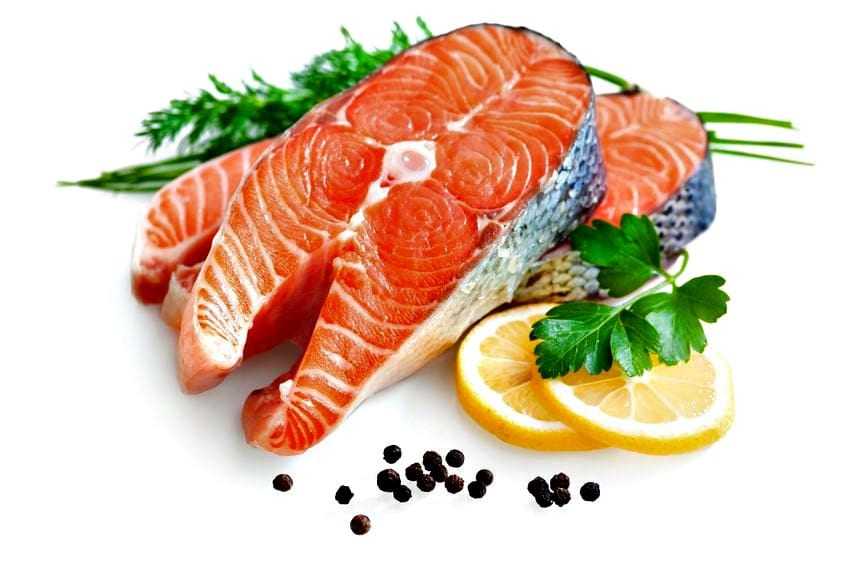
It isn’t so much the quantity but the quality of fat within a diet that is important. Most vegetable oils and margarines on the market are highly processed. They may contain linoleic acid, a fat that causes inflammation. Swap these products for healthful fat sources from the MedDiet, which include avocados, nuts, olive oil and fatty fish.
2. Replace Red Meat with Plant Foods
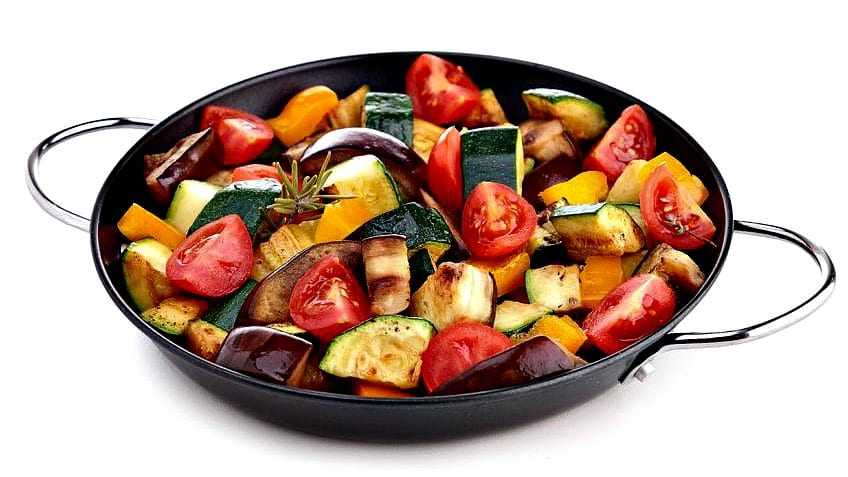
A typical American meal features meat prominently and relegates vegetables to side dishes. You can transition to the MedDiet by making vegetables, grains, beans and fruit the centerpiece of a meal. The plan also contains moderate amounts of poultry, in addition to fish rich in omega‑3 fatty acids like salmon and tuna. Save red meat for an occasional treat.
3. Switch Refined Grains for Whole Grains
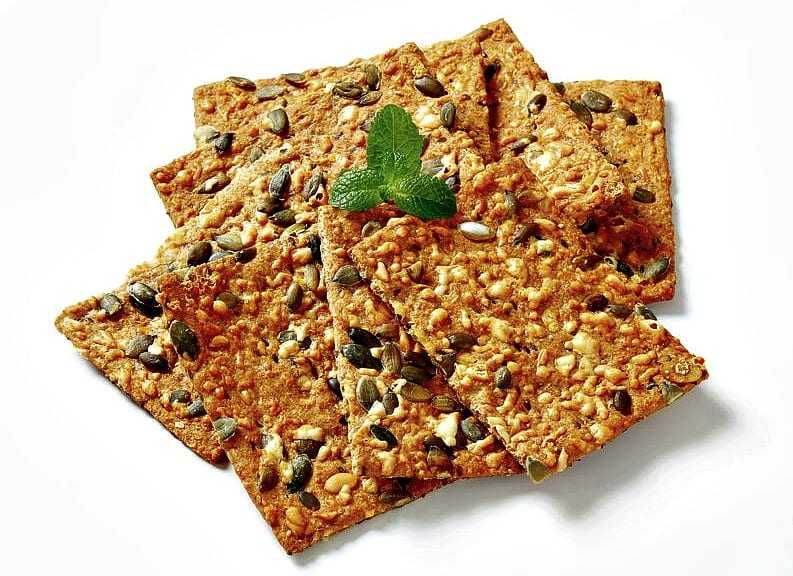
White bread, white pasta and white rice are essentially devoid of nutrition. They are highly processed and have been stripped of fiber, protein, minerals and the B vitamins that make grains so healthful. Instead of these foods, eat 100 percent whole grain bread and pastas along with brown rice. Adopt the Mediterranean practice of including ancient grains into the diet such as quinoa, bulgur, amaranth and buckwheat.
4. Opt for Fruit Over Dessert
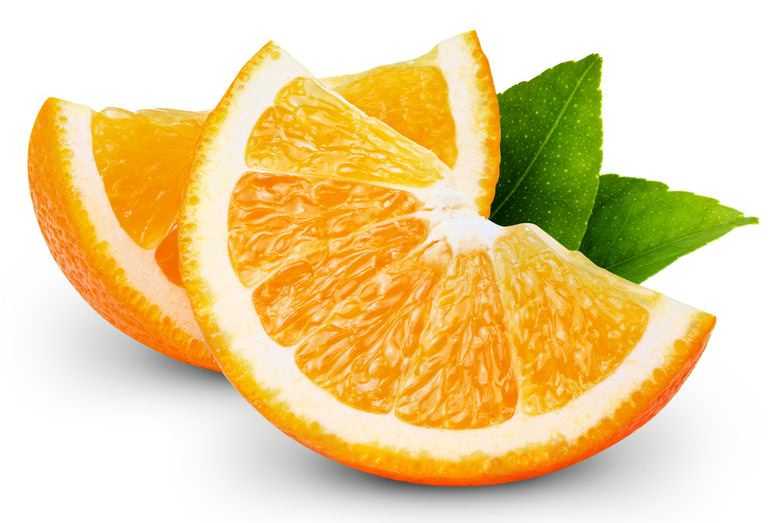
Most desserts are loaded with sugar, refined grains and unhealthful fat, dietary components linked to various health maladies. In place of such dishes, eat fresh fruit, which is plentiful in fiber, enzymes and a host of phytonutrients that promote wellness.
5. Swap Unwholesome Dairy for Wholesome Dairy
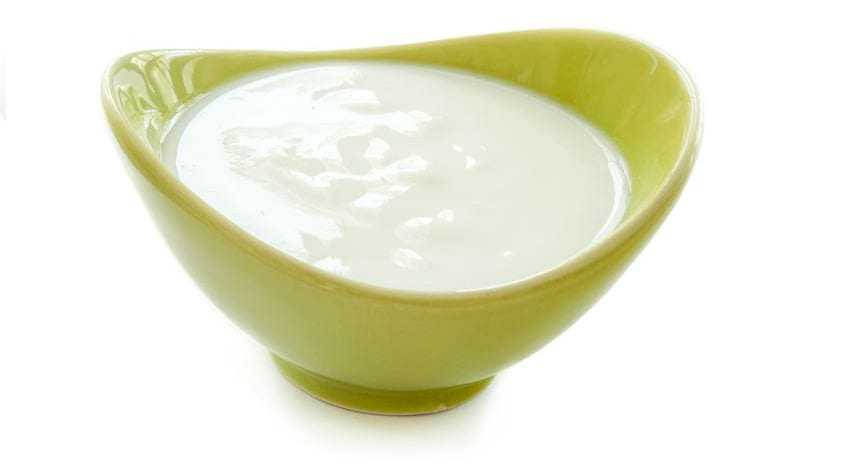
The MedDiet includes moderate amounts of dairy products, but make wise selections. Eat natural cheese rather than processed cheese. Choose plain varieties of Greek yogurt and regular yogurt instead of those that contain fruit, added sugar and other unwholesome ingredients. Yogurt is a very healthful food, as it contains probiotics, which are friendly bacteria that nourish the gut.
6. Trade Rushed Meals for Leisurely Meals
It has been said that the MedDiet is a lifestyle rather than merely an eating plan. Instead of making meals hurried affairs, savor your food. Eating slowly allows you to be aware of satiety signals and prevents consuming more than what is needed. Moreover, sharing a dinner around a table with family members or friends fosters communication and closer ties.



